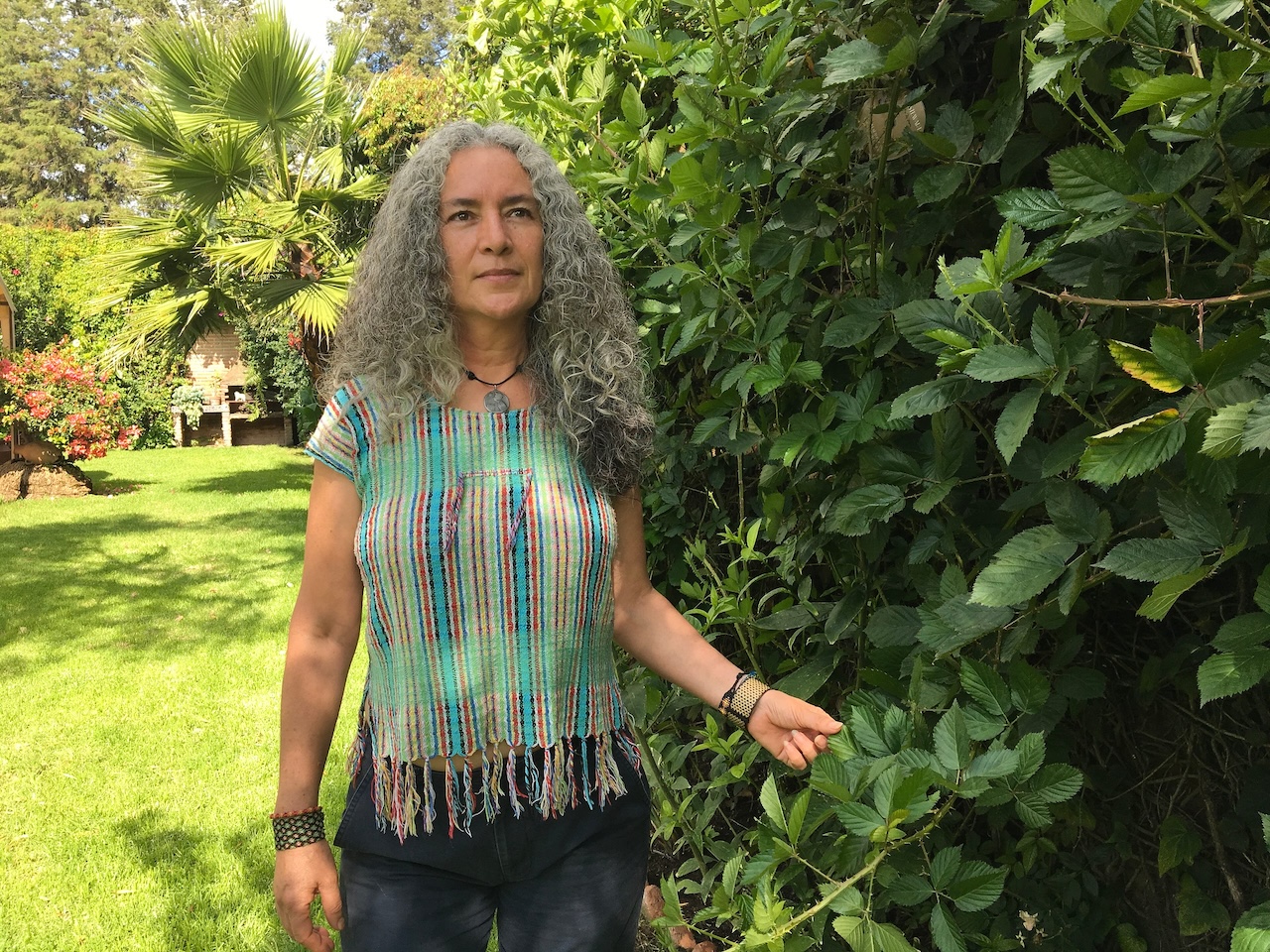Esperanza Salazar is in Ottawa this week to announce a groundbreaking legal complaint against Canada at the Inter-American Commission on Human Rights, making the case for Canada's legal accountability for human rights abuses tied to its mining companies overseas. Esperanza is a member of the Mexican Network of People Affected by Mining (REMA) and has been fighting for justice for the 2009 murder of Mariano Abarca, a Mexican environment defender killed while speaking out against a Canadian mine. Together with Mariano's family, REMA has been trying to get the Canadian Embassy in Mexico investigated for potentially putting Mariano's life at greater risk by advocating on behalf of the Canadian company to advance operations. The following is a statement read out by Esperanza during a press conference in Ottawa.
"Mariano Abarca was a founder of the Mexican Network of People Affected by Mining and, since his murder in 2009, REMA has accompanied the family in their demands for justice both in Mexico and here in Canada. We regret being back here in Ottawa, having exhausted all legal challenges without achieving an investigation into the actions of the Canadian Embassy in Mexico. But it has been an eye-opening experience.
Mariano's murder was not unusual, isolated or accidental. It reflects a pattern of behaviour that incorporates the policy features based on the creation and management of mining-related conflicts. This includes criminalization, harassment, threats and smear campaigns, repression and murder against defenders of life and the environment in the territories affected by this destructive activity. This pattern has been repeated for years in Mexico and throughout Latin America, where companies, all three levels of government, as well as governments such as Canada through its embassy and diplomatic corps all work to protect "investment".
Contrary to the Canadian government's discourse on human rights and corporate social responsibility, the case of Mariano reveals the Canadian government's sole interest in promoting and protecting Canadian capital. During the Federal Court of Appeal hearing, the Canadian government defended itself by arguing that its commitments to the lives of human rights defenders are not binding. The lack of consideration and depth with which this process has been treated reveals, moreover, a disdain and a great lack of respect for those who suffer the harms of the mining industry, prioritizing profits for a handful of companies at the expense of life and nature.
Mexico is already one of the most dangerous countries to be a land defender. But the Canadian government's unconditional promotion of its mining companies, and the vacuum that exists when it comes to preventing harm and accessing justice is especially serious in light of the worsening levels of extreme violence seen in Mexico in recent years. Canadian companies are operating and expanding in parts of the country that have seen a tremendous level of killings, disappearances, and forced displacement. In such a context, the diplomatic support and endorsement of mining investment by the Embassy, the Ministry of Foreign Affairs, or the Prime Minister himself, as he did during his visit to Mexico earlier in the year, heightens the impression that life in our southern countries is worthless to the Canadian government, so long as companies that raise capital on Canadian stock markets can continue to operate.
This is why we reiterate our firm commitment to continue on with this legal process, now taking it to the Inter-American Commission on Human Rights where we hope to finally achieve a favourable resolution that would lead to fundamental changes that would be a start to remedy these injustices."
